Classical CDs Weekly: Britten, Debussy, Hindemith
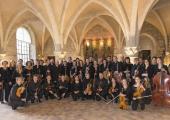
British concertos, French impressionism and German violin music
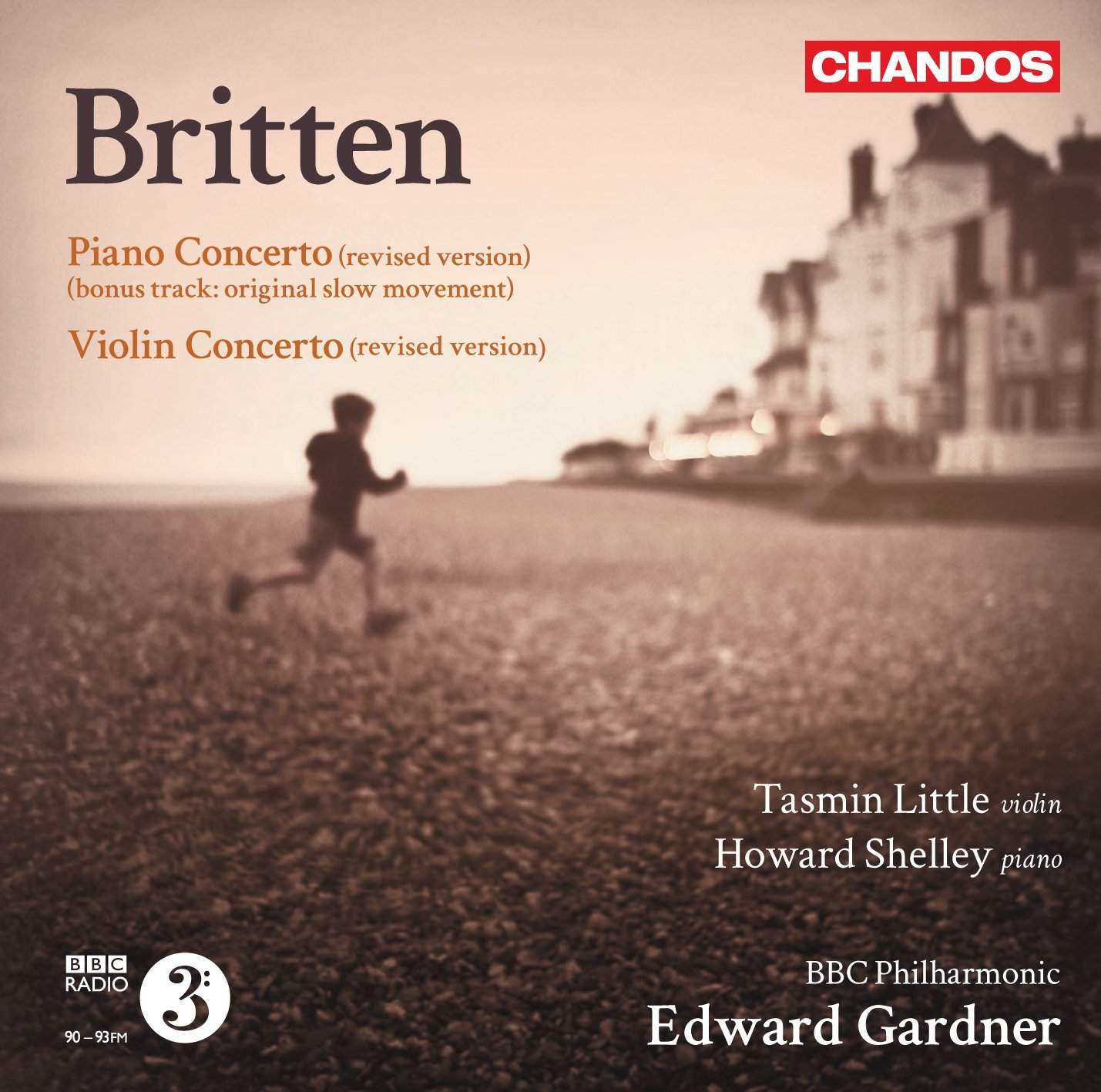



A second visit to hear this already great young Russian pianist in six months was meant for private pleasure only. Yet no-one in the Wigmore Hall audience last night, I’ll hazard a guess, will ever have heard Liszt playing like Sudbin’s in a first half which itself merited a standing ovation, so the world needs to know about it.
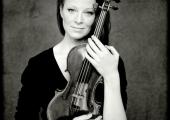
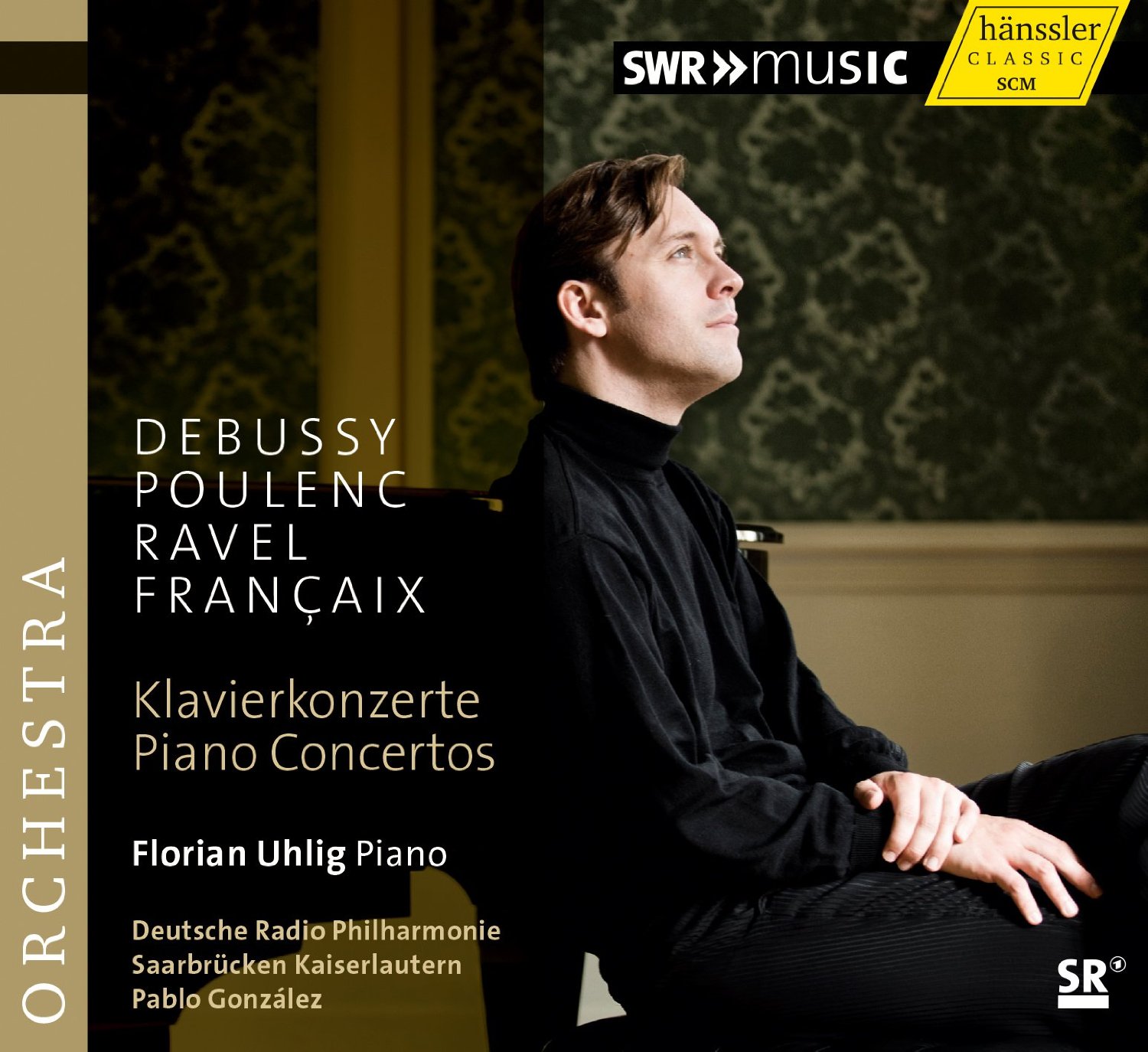

On most of her London visits, Elisabeth Leonskaja has been an unassuming high priestess of the mysteries and depths in core sonatas by Beethoven, Chopin and Schubert. This time she applied her Russian-school style of orchestral pianism, tempered as always by absolute clarity, to burning the mists off Ravel, Debussy and the French-inspired Romanian, Enescu. She went on to give us colossal enlightenment in what must be the greatest work ever composed by a 19-year-old, Brahms’s Third Piano Sonata in F minor.

At first it all felt too much. In addition to the garish red arum lilies either side of the platform, an overwhelming scent of eau de Cologne from a neighbour and the always hard-to-fight Wigmore Hall torpor were our diva's pink and purple attire, her flashing jewels, and above all that opulent voice, which even in recitals is more accustomed to bigger spaces and still seemed at times to be channelling her demented Salome from The Rest is Noise festival's opening night.
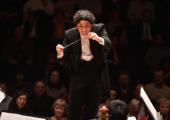
Zipangu. What a name for a piece of music. Such a strange and suggestive collection of vowels and consonants. Such a musical string of sounds. A fascinating name. The name, in fact, the programme told me, for Japan during the time of Marco Polo. The life of the composer of the work, Claude Vivier, is fascinating, too, in a grisly way. While completing an opera about a young man who stabs a stranger to death, Vivier was murdered in his Paris flat by a rent boy. Incredible story, incredible-sounding work; you can see why programmers are increasingly attracted to Vivier.
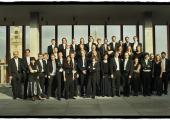
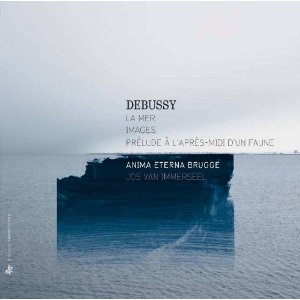

Want to learn more about 20th century music in action? Starting tomorrow, you could lose yourself in the labyrinth of the Southbank’s year-long The Rest is Noise festival, and plough your way through Alex Ross’s monumental but partisan study of that name. Or you could learn a lot in a short space of time from John Adams’s mini-residency with the LSO at the Barbican.
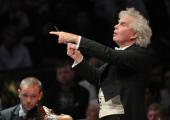
It's not completely unheard of what Sir Simon Rattle did at the start of last night's Prom, where he elided two familiar works - Ligeti's colouristic classic Atmosphères and the Prelude to Act One of Wagner's Lohengrin - into a seamless whole, beating without stopping from one into the other. But it was still pretty breathtaking.

After the all-singing, all-dancing, all-helicoptering brilliance of Stockhausen Mittwoch aus Licht, the dry routine of an opera in concert didn't seem a very enticing prospect. That's the problem with this year's Cultural Olympiad. We're becoming very spoilt by it. What should have been a mouth-watering prospect - a fantastic cast performing a great opera - suddenly began to feel run-of-the-mill when compared to the once-in-a-lifetime event that was Mittwoch. But my concerns were short-lived.